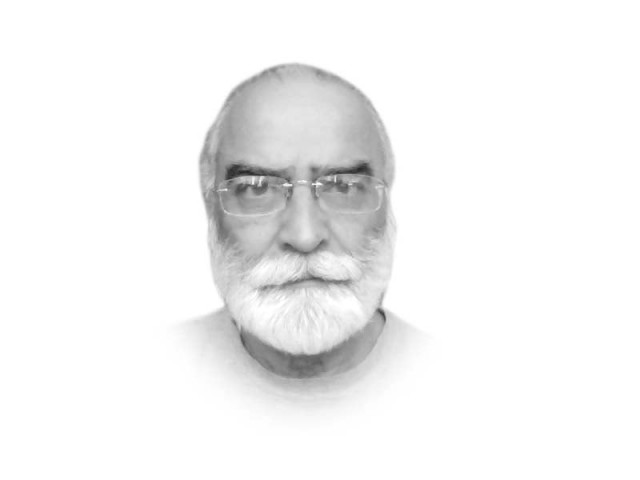An independent ECP
The leaders of the house and opposition do not take seriously their responsibility to appoint ECP members

Sarwar Bari is a social activist and the National Coordinator for Pattan Development Organisation.
Muddassir Rizvi works as head of programmes for the Free and Fair Election Network.
The primary responsibility to appoint the members of the ECP lies with the leader of the house and the leader of the opposition, but both have yet to take the matter seriously. The government cites the prime minister’s politico-medical leave and ‘consensus-building’ on possible candidatures as reasons for the delay, but according to media reports, the opposition hasn’t finalised its list of candidates either.
In fact, there has been a consistent trend in the selection of chiefs of the ECP and its members. A similar delay was also witnessed after Chief Election Commissioner (CEC) Fakharuddin G Ibrahim’s resignation in July, 2013. His replacement could not be appointed until December, 2014, leaving the ECP under the control of an acting CEC, a senior judge of the Supreme Court. The appointment was only made after the Supreme Court warned that it would withdraw Justice Anwar Zaheer Jamali, who was acting as CEC at the time.
This time, it was the Supreme Court that stepped in again and ordered that the ECP members be appointed without any delay. Media reports suggest there are more than 40 names that are being considered by the opposition parties. Similar information about the government is not available.
The process of selection is not transparent. With the 22nd Constitutional Amendment bill 2016 enacted on June 10, the government and the opposition parties now have a broader pool of potential candidates to choose from. This will trigger a greater competition between many retired and current bureaucrats and technocrats, lobbying for the posts, who meet the qualification.
A more democratic way for such crucial appointments warrants total transparency. Each name that is being considered must be shared with the media and public, along with reasons for consideration or rejection. Such practices are common in advanced democracies and enhance public confidence in political decisions and at the same time, improve the legitimacy of public institutions.
While transparency is crucial, it is imperative that adequate constitutional amendments are made to ensure that the offices of the ECP members and the CEC must not be left vacant. The time frame for the selection and appointment of ECP members and the CEC must be concluded before the last day of the respective incumbent in office. The nomination and appointment process shall be limited to three months and concluded before the last day in office of the preceding member and within three months following the death/physical or mental incapacitation, impeachment or resignation of any CEC. Such amendments will ensure that members of the constitutional body are appointed as swiftly as the army, navy, air and ISI chiefs.
Moreover, it is imperative that the minutes of the meetings between the government and the opposition leaders are shared with the public. If this is not acceptable, then let the media and national election observers sit in on the proceedings of the meetings. When one of us made these suggestions in a talk show on TV, Punjab Minister for Law Rana Sanaullah Khan agreed.
Any non-transparent deal, no matter how honest and well-intentioned, is vulnerable to suspicions and doubts. Many observers are likely to see mischief behind the delay. Most of them believe that every political party is trying to bring in its ‘mun pasand’ persons as members of the ECP. Only the leaders of the government and the opposition can eliminate such a suspicion.
While we fully understand that the political leadership has high stakes in the selection of the ECP members, we are also aware that the ultimate stakeholders are the people of Pakistan. Therefore, it is expected that they will not tolerate any ‘bandar-baant’. Their stakes in an independent and neutral ECP are profoundly higher than those of the political elite.
Published in The Express Tribune, July 22nd, 2016.
Like Opinion & Editorial on Facebook, follow @ETOpEd on Twitter to receive all updates on all our daily pieces.















COMMENTS
Comments are moderated and generally will be posted if they are on-topic and not abusive.
For more information, please see our Comments FAQ